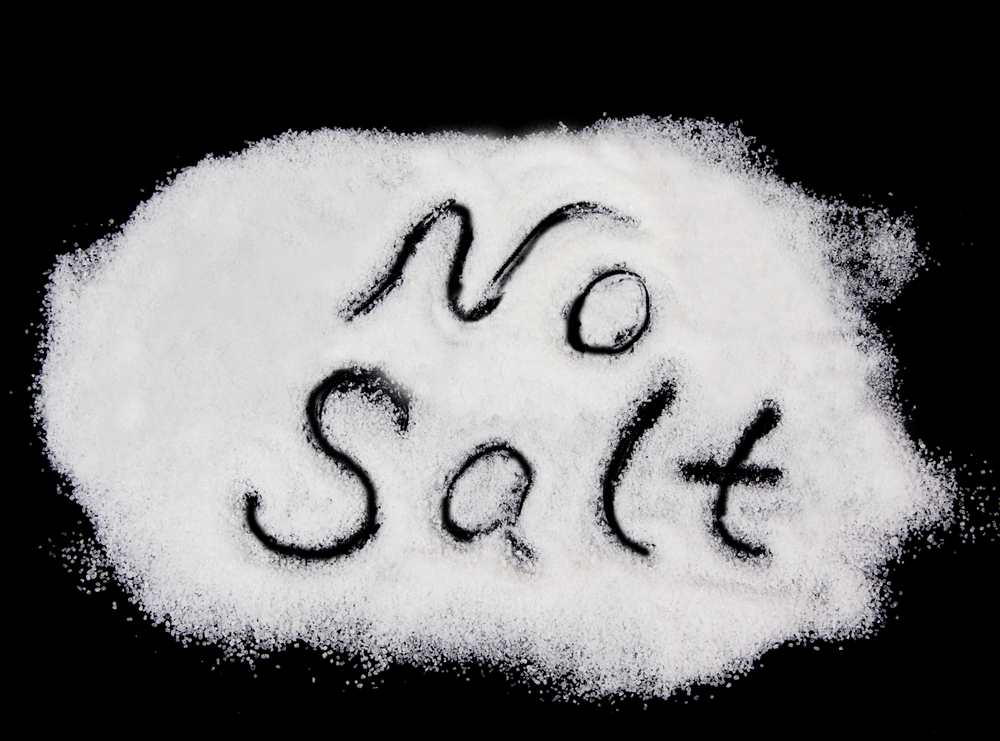Salt is often considered the baddie when it comes to healthy eating - but is it really as simple as that?
Making sure there’s some salt in the diet is actually beneficial - and there is such a thing as ‘good’ and ‘bad’ salt, too.
Ilona Wesle nutritionist at MyDetoxDiet.co.uk talks us through salt in terms of being good and bad for the diet, and why we need to find the right balance of eating it.
Table of Contents
Is salt the enemy?
We're often told that too much salt in our diet isn't good for our health, but why exactly is it? When we consume salt it makes the body hold on to water. When the body does this it can often lead to gaining weight, as well as increasing blood pressure. This is until the kidneys work to flush salt out the system, at least.
However, some research suggests the effect can be lasting, which can lead to stroke, hypertension and in the worst case, death.
A study has shown that a lower sodium diet can significantly reduce your blood pressure.

We're often told that we consume too much salt
Can salt be good for you?
Eating sodium, rather than salt, is essential for our body's healthy functioning. It helps with nerve transmission, muscular contraction, as well as other things.
A lot of food contains sodium, however, the majority that we get typically comes from salt. A study from the University of Pennsylvania found that cutting salt can be dangerous for the body, as it causes the kidneys to create an enzyme called renin if it doesn't get enough salt, which can lead to hypertension.
Further studies have also linked a low sodium diet to type 2 diabetes and heart failure.
The healthy balance of salt
As it turns out cutting out salt completely might not be the answer to a healthy lifestyle, it's eating the recommended amount that will ensure you get everything your body needs from it.
The recommended amount of salt for an adult is 6g (2.4g sodium). Salt intake for children and babies should be lower, with babies under 12 months eating no more than 1g of salt per day.

Banishing salt altogether may not be the answer
Finding the right balance of salt in your diet
Sea salt and Himalayan pink salt are the better options when it comes to seasoning your food. These unrefined varieties have been found to contain various trace nutrients.
Try seasoning your food in different ways, try adding more herbs to your kitchen so you flavour food with them instead of reaching for salt.
Avoid processed foods wherever you can because these typically contain a high level of salt, far more than what is considered healthy. Try cooking from scratch where you can, it'll not only cut the amount of salt you eat, but you'll be able to control the amount of sugar and fat you eat too.
Good options to get salt into your diet include pickled foods, cured meats and salted nuts, however, it's important not to go overboard. If you're feeling thirsty you've probably overdone it.
Finding the right balance of salt and sodium intake for you is to do with controlling the amount you eat by avoiding ready meals, choosing healthier salt options and regulating your intake so you're aware of the amount you consume.